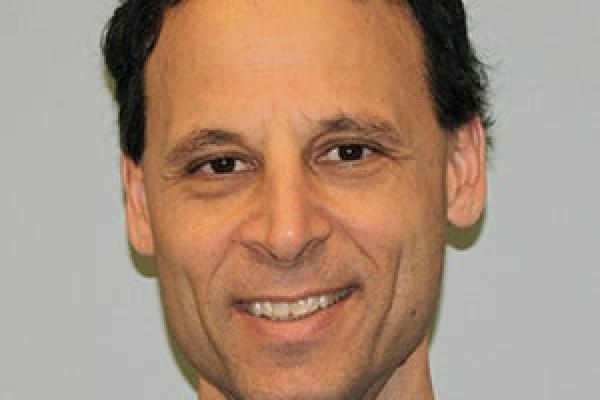
The nascent field of gravitational wave astronomy has already yielded several scientific surprises. It seems reasonable to believe that there are more to come as the instruments gain in sensitivity. However, our ability to maximize the scientific potential of these experiments is bounded by the accuracy of the theoretical gravitational wave templates. While great theoretical progress in understanding the late stages of the inspiral has been made using numerical relativity, the early stages of the inspirals become very computationally expensive and thus less accessible to numerics. In this talk I will summarize progress on analytic calculations for gravitational wave signatures which are valid during early stages of the inspiral. These calculation will improve our ability to perform high accuracy extractions of the constituent parameters (masses and spins) and to test theories of the equation of state of the compact objects by extracting tidal deformation parameters. I will show how modern quantum field theoretic techniques have been able to streamline the classical General Relativity calculations that will lead to the aforementioned extractions.
